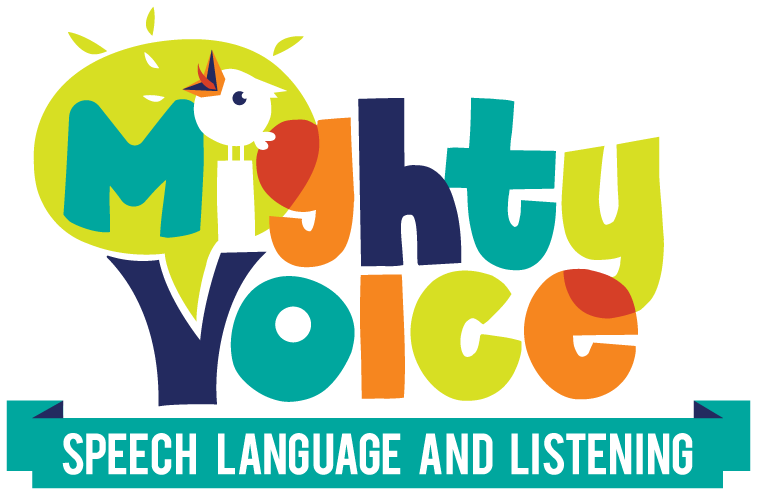I think Hands and Voices says it best–“What works for your child is what makes the choice right.” And we know that just like any other group of children, children who are deaf or hard of hearing are a diverse group, and one type of therapy won’t work well for all of them.
A caveat, before proceeding…
Now, if you’ve been around the world of D/deafness for very long, you know that there’s a virtual minefield of divisions and differences, especially when talking about a subject like choosing a mode or modes of communication for your child.
You won’t find me perpetuating that mindset at Mighty Voice or on my blog. I aspire to be part of the Radical Middle in Deaf Education:
Professionals seeking “The Radical Middle” have made a commitment towards reframing the dialogue in our field to one that encourages professionals to “embrace” their own truth while also being receptive to the truths of others, with the understanding that this is what is necessary in order to build a bridge so that we can establish effective, collaborative partnerships to move the field forward.
So while I’m writing about listening and spoken language/auditory verbal therapy, it doesn’t mean I don’t support families who are choosing other modes of communication. It just means that this is my particular skill set as a therapist, and this is the community I am serving right now.

So then, who is Listening and Spoken Language therapy for?
Listening and spoken language therapy, or auditory verbal therapy, is for families who are primarily choosing listening and spoken language outcomes. In other words, it’s for families who want their child to listen and talk. It might be a good fit for your family if you:
- Are pursuing amplification for your child, like hearing aids or cochlear implants
- Want your child to participate fully in the hearing world–in school, at home, and throughout their lives.
- Want your child to communicate accurately and effectively by listening and speaking English.
- Plan to mainstream your child in school and have them participate in the regular education program as much as possible.
- Are willing to participate in therapy and do what it takes to help your child be successful with listening and speaking–it’s still a lot of work!

Who doesn’t benefit from Listening and Spoken Language therapy?
Well, hopefully if you’ve read this far you can guess my answer…basically, those families who are not choosing listening and spoken language outcomes.
For example, if a family is choosing American Sign Language (ASL) as their exclusive mode of communication, it wouldn’t make sense for them to choose therapy focused on listening and speaking English. But, if they wanted to combine ASL and listening and spoken language (sometimes called Total Communication), then it might be a good fit in addition to therapy focused on learning to sign.
Again, what works best for your family is what is right for you. If you are choosing listening and spoken language outcomes, whether you’re near me in South Dakota or far away over the interwebs, I’d love to help.
Okay, so what exactly is Listening and Spoken Language or Auditory Verbal therapy?
Ah, I’m so glad you asked…I’ve been working on a series of blog posts to answer just this question in more detail. Stay tuned to the Mighty Voice blog, and sign up for our newsletter to find out.

